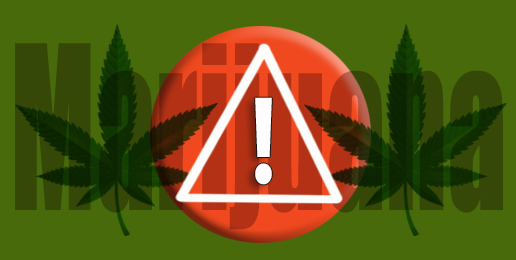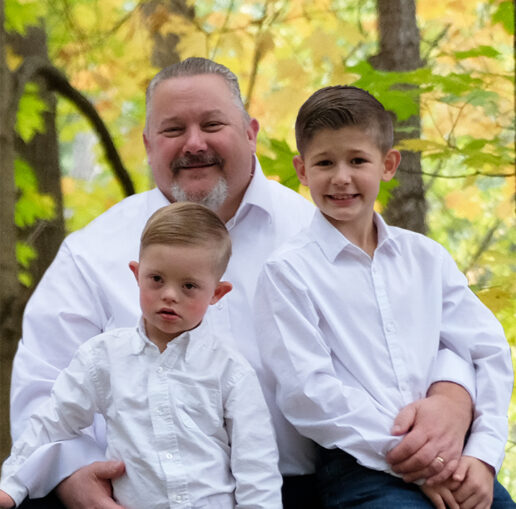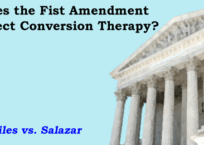
Various news outlets, including The Hill, report that the Trump Administration is “looking at” reclassifying marijuana under the Controlled Substances Act (CSA) from a Schedule I drug to Schedule III. Such a move would label it as less dangerous and recognize it as having a “moderate to low potential for physical and psychological dependence,” placing it alongside drugs like ketamine, Tylenol with codeine, and anabolic steroids.
This is especially alarming given that daily marijuana use in America now surpasses daily alcohol consumption. Many of us have seen firsthand how alcoholism has devastated families and communities—and now we face the growing evidence that high-potency marijuana brings its own physical, psychological, and addictive hazards.
The reclassification push began under the Biden Administration and has already advanced through key steps — the HHS recommendation, DOJ’s proposed rule, and the public comment period. Now, unless he stops it, the Trump Administration could simply pick up where Biden left off, advancing a dangerous policy that would wrongly downplay the risks of marijuana and further normalize its use.
Take ACTION: Click HERE to send a message to the White House, to let President Trump know you oppose the effort to reclassify, decriminalize, or foster the use and sale of high-potency THC marijuana in our culture.
Dr. Karl Benzio, Board Certified Psychiatrist, points out:
Mental illness, addiction, psychological suffering, aggression, conflict and disconnection are at an all-time high. Making it easier to prescribe, sell, access, and use marijuana is not the answer. The reason it is a Schedule I substance is because it is dangerous and has no medicinal benefit. The adverse and dangerous effects have been well documented for decades. As the THC concentrations in present marijuana products have exponentially increased, danger and damage have also increased. Only substances with significant medicinal benefit to outweigh the dangers get moved to class III, IV, or V. Contrary to other medications in the schedule III class, marijuana has NOT significantly separated itself as the treatment of choice for any medical problem necessitating this proposed move.
Background
A recent Gazette editorial warns that Colorado’s marijuana legalization has caused serious harm—especially to youth—and that reclassification would serve the pot industry over public health. The editorial board cites rising THC-induced psychosis in teens, more traffic deaths, and a troubling link between THC and teen suicides.
Read the entire opinion here:
Plenty of Colorado parents who supported legalizing marijuana on the 2012 ballot may be experiencing buyer’s remorse today. Not because they feel any different about why they and a lot of others voted for it — i.e., “you shouldn’t go to jail just for smoking a joint” — but because of the ballot proposal’s fine print, which few voters thought about at the time.
Notably, the creation of a whole new retail industry that delivers supercharged pot at a potency — and consumable in a variety of products — unimaginable a mere dozen or so years ago. And it is falling into Colorado kids’ hands even though it theoretically is available only to adults.
Today’s pot is infused in concentrates and loaded into disposable vape pens. Curious, naive middle-schoolers can conceal it in their backpacks and discreetly use it on their lunch breaks.
And pot’s toll on our kids has been tragic. A lot of damage has been done — from surging traffic fatalities on Colorado’s roadways to THC-induced psychosis in Colorado’s youth. The grim data is amassing.
That’s why it was troubling to learn from national news reports last week that President Trump may continue down the Biden administration’s path toward “reclassifying” marijuana under federal law.
Pot currently is designated as a Schedule I controlled substance under federal drug laws, meaning federal authorities regard it as having negligible value and worthy of stiffer sentences under criminal law. Big Marijuana’s lobby seeks, as a next step, to change that designation to the less restrictive Schedule III. It would let the marijuana industry tap into tax breaks and financial services like banking. Reclassification also could reduce the social stigma against pot.
It’s the last thing the country needs.
The original premise for decriminalization among rank-and-file voters — the vast majority of whom don’t use pot — is moot and has been for a long time. Whether in states like Colorado that have decriminalized or in other states that wisely have avoided that pitfall, the reality is that virtually no one goes to jail anymore for simple use or possession of small amounts.
So, the only benefits from reclassification would flow to the industry itself, and it reportedly has been lobbying the Trump administration hard to make the change. We don’t need to shovel more money into greedy and cynical Big Marijuana’s coffers.
Engorging the industry only will better enable it to do what it does best — undermine society and especially our youth.
There is mounting evidence of the dire health consequences of consuming the drug and of its safety record as a retail product under Colorado’s far-from-rigorous system of regulation. A Denver Gazette investigation found Colorado’s retail-marijuana regulations are riddled with loopholes that allow consumers to be deceived about everything from pot’s potency to the prevalence of dangerous pesticides, solvents and mold.
A landmark investigative report by The New York Times, reprinted last year by The Gazette, explored how doctors are contending with the effects of an “explosion in the use of the drug and its intensity.” The report found “with more people consuming more potent cannabis more often, a growing number, mostly chronic users, are enduring serious health consequences.”
Alongside all that is a lot of depressing, hard data. Like the fact that 43% of Colorado teens 15-19 years old who die by suicide have marijuana’s psychoactive ingredient, THC, in their system at the time of death. For Hispanic teens in that age range, the number climbs to 49%. For Black teens it’s a devastating 67%. That’s according to the Colorado Department of Health and Environment’s Violent Death Reporting System.
Don’t compound the mistake of state-by-state legalization by easing up at the federal level. And don’t reward an industry that trades in misery.
As politicians and bureaucrats push to reclassify marijuana and normalize its use, Christians must reject this dangerous deception. Marijuana is not harmless—it clouds judgment, dulls ambition, and can wreak havoc on mental health. No “rebranding” by Washington changes the reality that it is a mind-altering vice and a detriment to society.
Be sober-minded; be watchful. Your adversary the devil
prowls around like a roaring lion, seeking someone to devour.
~1 Peter: 5:8~
Learn More:

- VIDEO: Drugs are Still Dangerous — Karl Benzio, MD
- 10 Reasons to Oppose High Potency Marijuana Rescheduling
- VIDEO: The Dangers of Cannabis Use & Legalization — Patrick Kenneally
- Doctors Warn Cannabis can Cause Serious Health Hazards
- As seen in The Hill (advertisement) March 1, 2022 PDF
- Healthcare Professional Guidance on Cannabis: Health Tips to Know When Patients Use Marijuana
- VIDEO: Marijuana Guidance for Medical Providers – Dr. Roneet Lev
- VIDEO: The Dangerous Truth About Today’s Marijuana: High-Potency, Psychosis, and Suicide – Dr. Libby Stuyt
- VIDEO: Cannabis Use and the Incidence of Psychotic Disorders: What should we consider before prescribing medicinal cannabis? – Dr. Marta DiForti

























